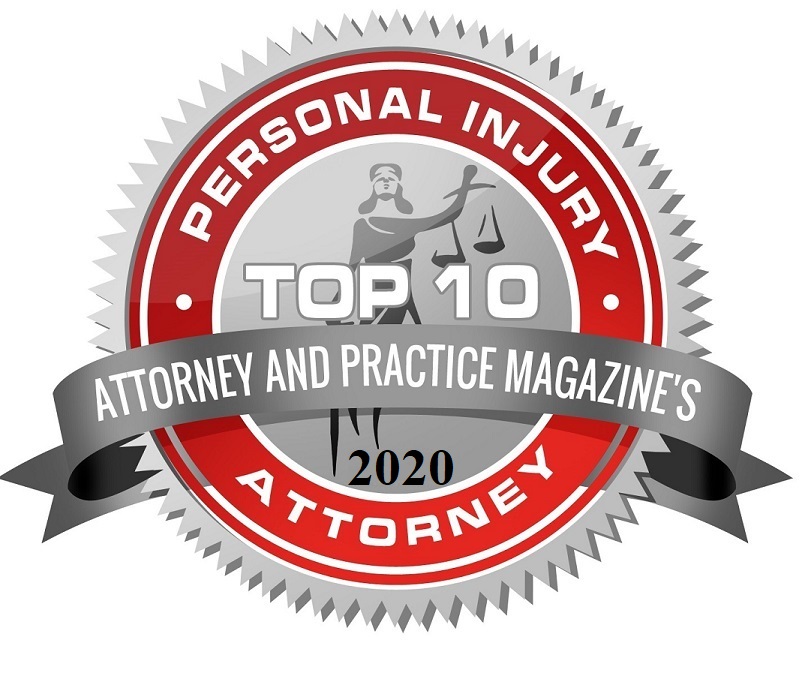When you’re involved in a boat accident in Florida, the immediate aftermath can be overwhelming. From physical injuries to emotional stress, the situation can be challenging to navigate. Yet, one crucial aspect that cannot be overlooked is gathering evidence. The importance of documenting your claim cannot be overstated, as it plays a critical role in building a strong case. In Florida, boat accident cases can be complex, involving state and federal laws, and having thorough evidence is key to ensuring you are properly compensated for damages. At, Serrano Law, we are here to guide you through the legal process and help you navigate the complexities of your case.






Understanding Boat Accidents in Florida
Florida’s beautiful coastline and abundant waterways make boating a popular activity for both residents and tourists. Unfortunately, this also means that Florida sees a significant number of boat accidents every year. These accidents can happen for many reasons, including operator negligence, equipment failure, bad weather, or other unforeseen circumstances. When you or a loved one is involved in such an accident, proving liability becomes vital in securing compensation for medical bills, lost wages, and other related costs. Proper documentation is necessary to establish who was at fault and what damages you have suffered.
Boat accidents often lead to significant injuries or even fatalities, making it all the more important to gather the right evidence to support your claim. The waters can be unpredictable, and unlike road accidents, where witnesses or cameras might capture the incident, boat accidents can be harder to document without proper foresight. This is why understanding how to gather and present evidence is essential for anyone seeking to file a claim after a Florida boat accident.
The Role of Evidence in a Boat Accident Claim
Evidence serves as the backbone of any boat accident claim. It helps to substantiate your version of events and supports your request for compensation. Without it, proving liability and damages becomes extremely difficult. Evidence helps paint a clear picture of what happened during the accident, who was responsible, and the extent of the injuries and damages caused.
In Florida, you must demonstrate that another party was negligent and that their negligence directly led to your injuries or damages. This is where evidence comes in. Whether you are dealing with insurance companies or preparing to take your case to court, the evidence you present will heavily influence the outcome of your case. Without well-documented proof, your claim may be denied, or you may receive far less compensation than you deserve.
Types of Evidence Needed in Boat Accident Cases
In order to document your boat accident claim properly, it is important to understand the types of evidence that can help build your case. Each type of evidence adds a layer of credibility to your claim, allowing you to present a solid case for compensation. The evidence can include physical items, witness statements, and documentation that help explain how the accident happened and what injuries or damages resulted from it.
Photographic evidence is one of the most critical forms of proof you can gather after a boat accident. Photos of the accident scene, the condition of the boats involved, and any visible injuries can all help to build a strong case. These images will show the extent of the damage and provide visual evidence that can help prove fault. Make sure to take as many clear pictures as possible, from multiple angles, to provide a complete view of the incident.
Medical records are also essential when it comes to documenting your injuries. After a boat accident, seeking immediate medical attention is critical not just for your health but for your claim. Medical records will document the injuries you sustained and the treatments you required, which will help establish the seriousness of your injuries. These records are crucial when seeking compensation for medical expenses and long-term care.
Another important piece of evidence is witness testimony. If anyone witnessed the accident, their statements can provide valuable information about what happened. Witnesses can offer a neutral account of the event, which can help corroborate your claim. Be sure to collect contact information from anyone who saw the accident, as their statements may be needed later during negotiations or in court.
Police and accident reports also play a crucial role in documenting a boat accident claim. In Florida, law enforcement or the Coast Guard may arrive at the scene of a boat accident to investigate. Their report will provide an official account of what happened, who was involved, and whether any citations or charges were issued. This report can help to support your claim by offering an unbiased version of events that occurred during the accident.
Why Timing Is Important in Gathering Evidence
Timing is critical when it comes to documenting your claim after a boat accident. The sooner you start gathering evidence, the better. Evidence can disappear quickly after a boat accident. Physical damage to the boats may be repaired, injuries may heal, and witnesses may forget important details. Acting quickly to gather and preserve evidence is essential to ensure that your claim remains strong.
For example, photos of the accident scene may no longer be possible if the boats are moved or repaired. Similarly, if you wait too long to seek medical attention, it may become harder to prove that your injuries were directly caused by the accident. Delaying the collection of evidence can weaken your claim, making it more difficult to prove fault or damages.
It is important to contact the proper authorities right after the accident and ensure that an official report is created. In Florida, boat accidents that involve serious injury, death, or significant property damage must be reported to the Florida Fish and Wildlife Conservation Commission or local law enforcement. This report will provide a detailed account of the accident and can serve as a critical piece of evidence when filing your claim.
Choosing The Right Personal Injury Attorney Personal Injury Settlement TimelineRelated Videos
Working with an Attorney to Build Your Case
Gathering evidence after a boat accident can be a challenging and time-consuming process. Many victims are left feeling overwhelmed and unsure of where to start. This is why working with an experienced boat accident attorney can make a big difference. An attorney can help you gather and preserve the necessary evidence to build a strong case. They can also assist with obtaining additional evidence that may be harder to acquire, such as accident reports, surveillance footage, or testimony.
A knowledgeable attorney will understand the specific laws surrounding boat accidents in Florida and will know how to navigate the legal process effectively. They can guide you through the steps of filing a claim and ensure that all necessary evidence is collected and presented. This not only strengthens your claim but also improves your chances of receiving fair compensation for your injuries and damages.
An attorney can also help to deal with insurance companies, which can be challenging to handle on your own. Insurance companies may try to minimize your claim or deny it altogether, but with the right evidence and legal representation, you can stand a better chance of receiving the compensation you deserve. An attorney will know how to negotiate with insurance adjusters and present your case in the most effective way possible.
Case Results
The Importance of Preserving Evidence for the Long Term
Preserving evidence is not only important in the short term but also for the long term. Boat accident cases in Florida may take months or even years to resolve, especially if the case goes to court. During this time, evidence must be carefully preserved to ensure that it remains available and usable when needed.
Photographs, medical records, witness statements, and other forms of documentation must be kept safe and organized throughout the entire legal process. Your attorney can help you with this, ensuring that all evidence is properly maintained and available when it is time to present your case. Failure to preserve evidence can weaken your claim and make it harder to prove liability and damages.
The legal process can be long, but with the right evidence and legal guidance, you can remain confident that your claim is well-documented and ready to be presented when the time comes.
Documenting your claim after a boat accident in Florida is one of the most important steps you can take. Evidence is crucial in proving liability, damages, and the severity of your injuries. Without proper documentation, your chances of receiving fair compensation are significantly reduced. Gathering evidence immediately after the accident, preserving it for the long term, and working with a skilled attorney can greatly improve your chances of success.
If you or a loved one has been involved in a boat accident in Florida, Serrano Law is here to help. Our team understands the complexities of these cases and can guide you through the process of gathering evidence and filing your claim. Contact us today for a consultation, and let us help you secure the compensation you deserve.



